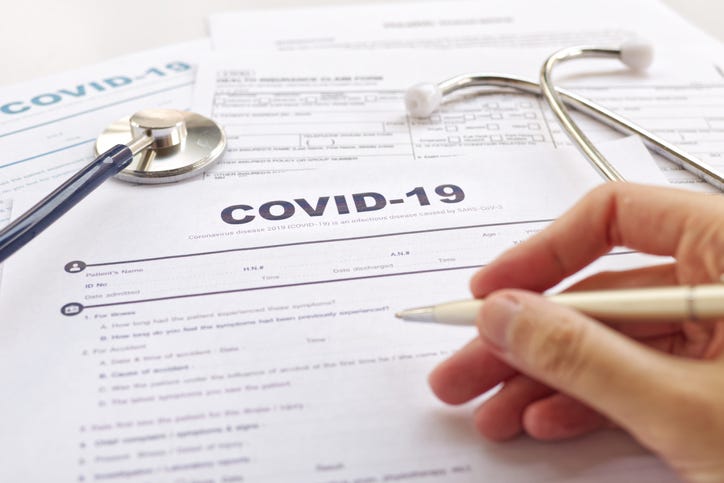
After experiencing what Dr. Michael Osterholm described as a 'viral blizzard' due to the omicron variant, many parts of the country that first saw an increase in new COVID infections are starting to see a drop in cases.
Dr. Osterholm shared what this could look like for Minnesota while talking News Talk 830 WCCO's Chad Hartman.
While data in other parts of the world show that cases are falling just as rapidly as they rose, Osterholm acknowledged that the back end of the surge is still producing a "substantial number of cases."
"The challenge is we don't know how far [cases will] come back down," Osterholm said.
Osterholm gave the example of South Africa, which saw cases drop as quickly as they rose. However, he said they still have 16 to 18 times more cases than before the surge started.
"I think Minnesota really is about 2 to 3 weeks away from hitting that peak and starting to come down, and then as I said, there is going to be that tail," Osterholm said.
While other predictions have been given, like the Mayo Clinic forecasting the omicron peak will be hit next week, Osterholm says experts being off by a week or two in these types of predictions is normal.
The doctor says what's important is that they aren't months apart in their timelines.
As for everywhere else, Osterholm thinks the pattern will continue.
"I think that is going to happen around the world," Osterholm said, adding that it is happening in both hemispheres.
As for what happens after the surge, Osterholm thinks there will be a time of "relatively minimal transmission and minimal cases," just like the world saw last May and June.
However, Osterholm acknowledged that "we don't know that we're not gonna see another variant." He added that we might be thrown into another surge as a new variant could evade immune protection given by vaccines or through natural infection.
"The challenge we have is, will we see a new variant come back that's going to challenge our protection?" Osterholm said.
Whether or not we will ever know if the variants will end and COVID-19 will be defeated, Osterholm says he hopes we will, but we need to be prepared for all possible outcomes.
"Hope's not a strategy," Osterholm said. "We got to be prepared for whatever happens."
Even if a new variant arrives, Osterholm says we need to get to the "new normal," where we have new and better vaccines, improved testing, and therapeutics to deal with the virus and reduce severe illness and death.
"Let's hope that it's not going to be a big challenge, and we can live our lives that way, and we'll plan for that," Osterholm said. "But we have to plan for that variant plane crash that could happen in our backyard, and we have to be ready."


